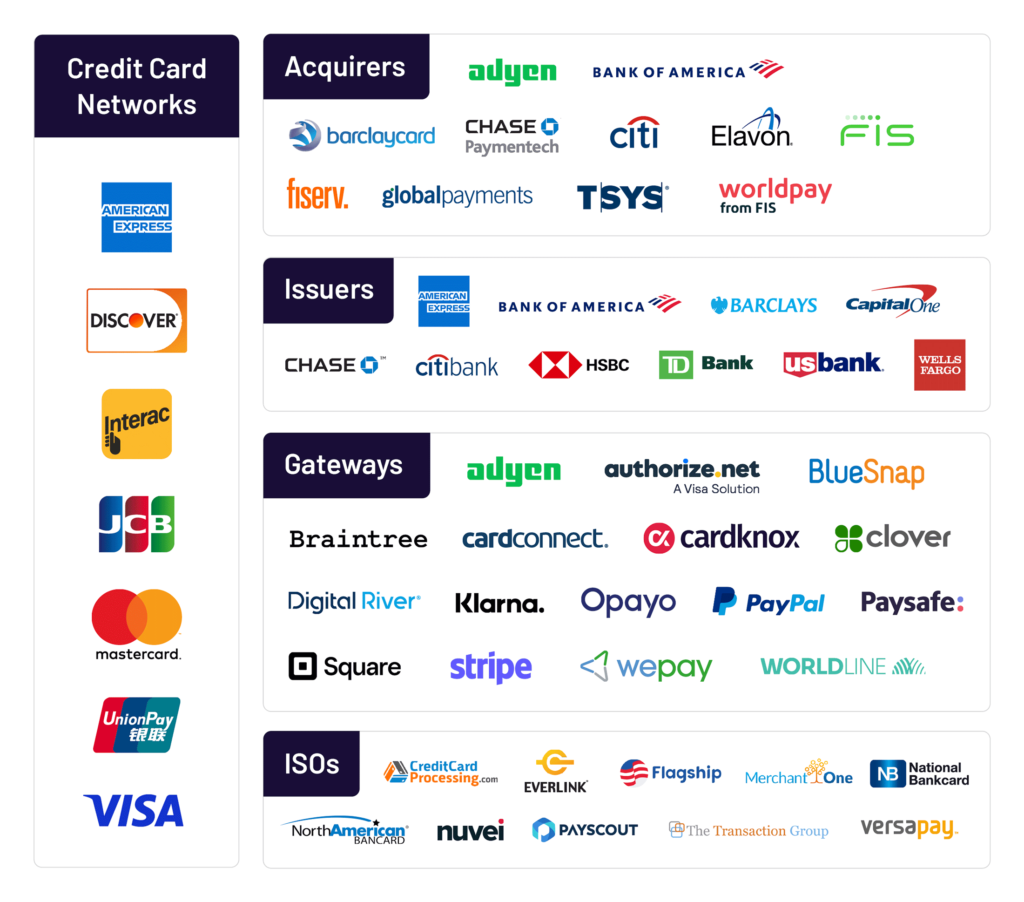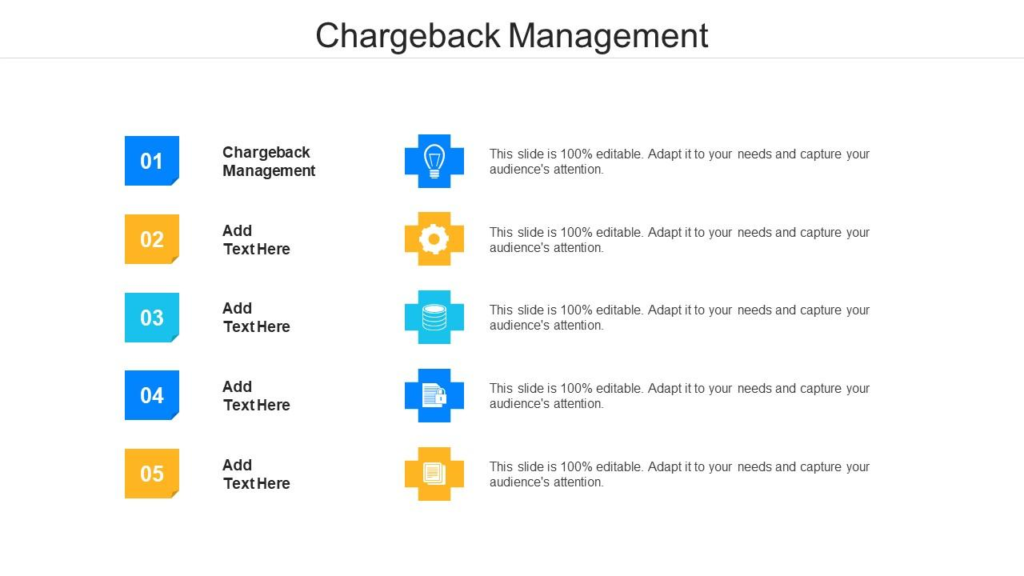AUTHOR : HANIYA SMITH
DATE : 12/09/2023
In today’s digital age, credit card transactions have become an integral part of our lives, facilitating seamless payments and financial transactions. However, not all businesses have the luxury of straightforward credit card processing. Some enterprises fall into the category of “high risk,” which can complicate their payment processing journey. In this article, we will delve deep into the world of high-risk credit card processing, exploring its nuances, challenges, and solutions.
Understanding High Risk Credit Card Processing
What Defines a High-Risk Business?
To embark on our journey, let’s first understand what categorizes a business as “high risk.” Typically, several factors contribute to this classification, including:
- Industry Type: Certain industries, such as adult entertainment, gambling, and pharmaceuticals, are inherently considered high risk due to their nature.
- Poor Credit History: Businesses with a history of financial instability or bankruptcy may be labeled high risk.
- High Chargeback Rates: Excessive chargebacks, where customers dispute transactions, can flag a business as high risk.
- Legal and Regulatory Issues: If a business operates in a legally gray area or faces frequent legal troubles, it can be classified as high risk.
The Challenges of High-Risk Credit Card Processing
Once a business earns the label of high risk, it faces a multitude of challenges in the domain of credit card processing, including:
Limited Payment Processor Options
High-risk businesses often find it challenging to secure payment processing partnerships with traditional banks and processors. This limitation can hinder their ability to accept credit card payments, potentially affecting their revenue.

Higher Processing Fees
To mitigate the risks associated with high-risk businesses, payment processors may charge higher fees. This can cut into a company’s profitability and increase operational costs.
Stricter Security Measures
High-risk businesses are subject to more rigorous security requirements to safeguard against fraud and chargebacks.[1] This often entails additional investments in security infrastructure.
Strategies for Successful High-Risk Credit Card Processing
Seek Specialized High-Risk Processors
To navigate the complexities of high-risk credit card processing, businesses should consider partnering with specialized high-risk payment processors. These processors possess the capability to adeptly tackle the unique challenges that high-risk industries encounter.
Implement Fraud Prevention Measures
Mitigating fraud is paramount for high-risk businesses. Implementing robust fraud prevention measures can help reduce chargebacks and also protect the business’s reputation.
Maintain Transparent Communication
Open and honest communication with both customers and payment processors is vital. Clearly outlining refund policies and alsoensuring customer satisfaction can help prevent disputes.
The Role of Payment Processors
Payment processors play a pivotal role in the world of high-risk credit card processing.[2] These entities act as intermediaries between businesses, banks, and card networks. They are responsible for facilitating secure and efficient transactions. When dealing with high-risk businesses, payment processors take on additional responsibilities to manage the associated risks.
Due Diligence and Risk Assessment
High-risk payment processors conduct extensive due diligence and risk assessments before partnering with a business. This involves scrutinizing the business’s financial history, industry type, and potential exposure to legal issues. The goal is to evaluate the level of risk and also determine whether they can provide services to the business.
Tailored Solutions
One advantage of specialized high-risk payment processors is their ability to offer tailored solutions. These processors understand the unique challenges faced by high-risk businesses and can provide customized payment processing services. This may include chargeback mitigation strategies, fraud detection tools, and risk management solutions.
Chargeback Management
Chargebacks are a common concern for high-risk businesses. A chargeback occurs when a customer disputes a credit card transaction, and the funds are returned to the customer. High chargeback rates can lead to financial losses and also damage a business’s reputation. Payment processors specializing in high-risk industries often have robust chargeback management systems in place to minimize these disputes.

Regulatory Compliance
High-risk businesses must also navigate a complex regulatory landscape. Depending on their industry and geographical location, they may be subject to specific laws and regulations. Not adhering to these regulations could lead to legal repercussions and financial sanctions.
KYC (Know Your Customer) Procedures
One regulatory requirement that high-risk businesses must adhere to is KYC procedures. These procedures involve verifying the identity of customers to prevent fraud and money laundering. High-risk payment processors are well-versed in implementing strict KYC measures to ensure compliance.
AML (Anti-Money Laundering) Compliance
Anti-money laundering regulations are designed to prevent the illegal transfer of funds through financial institutions. High-risk businesses must establish[3] robust AML compliance programs to detect and report suspicious transactions.
The Future of High-Risk Credit Card Processing
As technology continues to evolve, so does the landscape of high-risk credit card processing. Emerging technologies like blockchain and artificial intelligence are being harnessed to enhance security and also streamline payment processes for high-risk industries. Additionally, regulatory frameworks are expected to evolve, affecting how high-risk businesses operate.
Conclusion
In the world of commerce, high-risk credit card processing presents a unique set of challenges. However, with the right strategies and partners in place, businesses can successfully navigate this complex terrain. Embrace specialized payment processors, prioritize fraud prevention, and also maintain transparent communication to ensure your high-risk business can thrive in the digital age.

FAQs
- What industries are typically classified as high risk for credit card processing? High-risk industries often include adult entertainment, gambling, and pharmaceuticals, among others.
- How can high-risk businesses reduce chargebacks? High-risk businesses can reduce chargebacks by implementing robust fraud prevention measures and maintaining transparent[4] communication with customers.
- Are there alternatives to traditional payment processors for high-risk businesses? Yes, specialized high-risk payment processors cater specifically to the needs of high-risk businesses.
- What are some common security measures for high-risk credit card processing? Common security measures include strict identity verification, real-time transaction monitoring, and also encryption of sensitive data.





